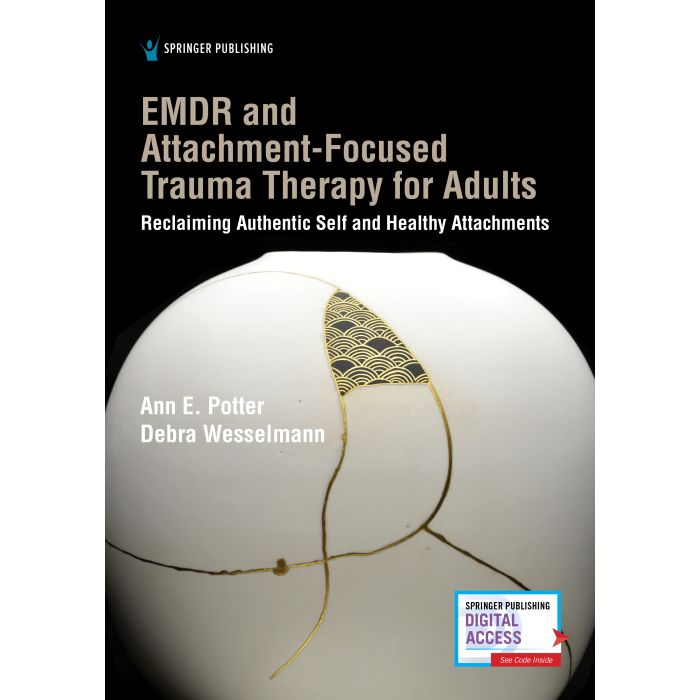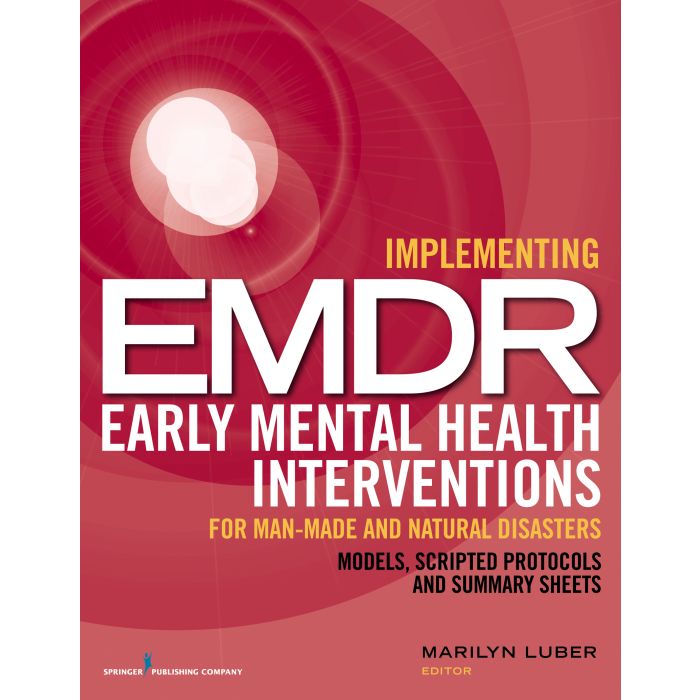Testing an attachment- and trauma-informed intervention approach for parents and young children after interparental violence: Protocol for a randomized controlled trial
Effective treatment combinations for traumatized parents and their young children after interparental violence.
Article Abstract
“Background: Interparental violence has persistent adverse effects on victimized parents and children. Young children, including infants and toddlers, are at particular risk to develop long-lasting negative outcomes, and yet specific evidence on effective intervention approaches for this vulnerable group is still lacking. This study will test the effectiveness of an attachment- and trauma-informed intervention approach in a sample of parent-child dyads who have experienced severe interparental violence. We test the individual and combined effects of two interventions: (1) “Nederlandse Interventie Kortdurend op Atypisch oudergedrag” (NIKA; Dutch, short-term intervention focused on atypical parenting behavior) aimed at improving the attachment relationship and (2) eye movement desensitization and reprocessing (EMDR) therapy aimed at reducing parental post-traumatic stress disorder (PTSD) symptoms.
Methods: This study uses a multicenter randomized controlled design across multiple domestic violence shelters in the Netherlands. We aim to recruit 150 parent-child dyads with children aged between 0.5 and 6 years old. The study design consists of two phases. During the first phase for testing the effect of NIKA only, eligible dyads are randomly allocated to either NIKA or a waitlist usual care group. A pre-test is conducted prior to the treatment period and a post-test takes place directly afterwards (6 weeks after the pre-test). Phase 2 follows directly for testing the effects of EMDR and the combination of NIKA and EMDR. Parents who report clinical PTSD symptoms are randomly allocated to either EMDR therapy or a waitlist usual care group. Parents who do not report clinical PTSD symptoms only receive care as usual. Six weeks later, a post-test of phase 2 is conducted for all participating dyads. Primary study outcomes are disrupted parenting behavior, sensitive parenting behavior, and parental PTSD symptoms. Secondary study outcomes include PTSD symptoms and behavioral and emotional problems of the child.
Discussion: This study will inform and enhance the clinical field by providing new insights regarding effective treatment combinations for traumatized parents and their young children after interparental violence.”
—Description from publisher
Article Access
Open Access
van der Asdonk, S., Kesarlol, A. R., Schuengel, C., Draaisma, N., de Roos, C., Zuidgeest, K., Rippe, R. C. A., & Alink, L. R. A.. (2022). Testing an attachment- and trauma-informed intervention approach for parents and young children after interparental violence: Protocol for a randomized controlled trial. BMC Trials, 23: 973. Open access: https://doi.org/10.1186/s13063-022-06902-9
Date
December 5, 2022
Creator(s)
Sabine van der Asdonk, Ashwina R. Kesarlal, Carlo Schuengel
Contributor(s)
Nina Draaisma, Carlijn de Roos, Karine Zuidgeest, Ralph C. A. Rippe, Lenneke R. A. Alink
Topics
Abuse/Neglect, Attachment
Client Population
Children, Families/Parents
Practice & Methods
Protocols
Extent
19 pages
Publisher
BMC
Rights
Open Access. This article is licensed under a Creative Commons Attribution 4.0 International License, which permits use, sharing, adaptation, distribution and reproduction in any medium or format, as long as you give appropriate credit to the original author(s) and the source, provide a link to the Creative Commons licence, and indicate if changes were made.
APA Citation
van der Asdonk, S., Kesarlol, A. R., Schuengel, C., Draaisma, N., de Roos, C., Zuidgeest, K., Rippe, R. C. A., & Alink, L. R. A.. (2022). Testing an attachment- and trauma-informed intervention approach for parents and young children after interparental violence: Protocol for a randomized controlled trial. BMC Trials, 23: 973. Open access: https://doi.org/10.1186/s13063-022-06902-9
Audience
EMDR Therapists, Other Mental Health Professionals
Language
English
Content Type
Article, Peer-Reviewed, RCT
Access Type
External Resource, Open Access





